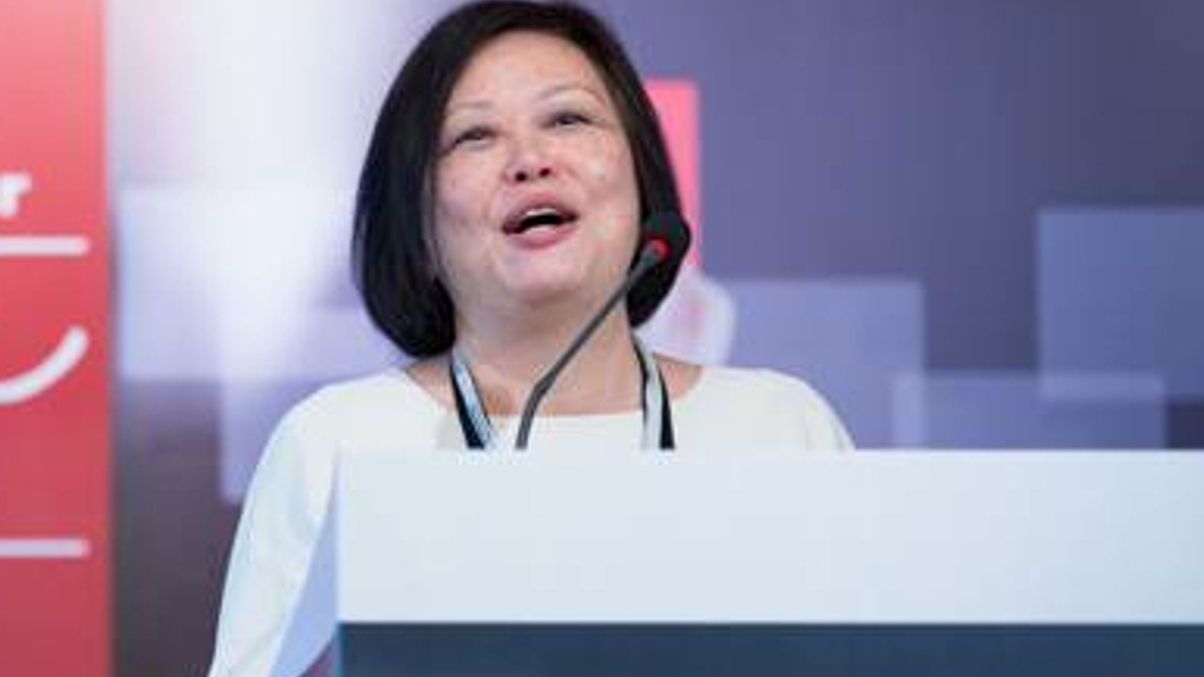Outgoing MPF chief hints at more government action
As she leaves office, former MPFA chairwoman Anna Wu says there are many ways the Hong Kong government could lower MPF pension costs, including by launching its own fund products.

More government-led solutions are available to tackle Hong Kong’s pension funding problems, said the retired head of the city’s MPF body.
Sign in to read on!
Registered users get 2 free articles in 30 days.
Subscribers have full unlimited access to AsianInvestor
Not signed up? New users get 2 free articles per month, plus a 7-day unlimited free trial.
¬ Haymarket Media Limited. All rights reserved.


